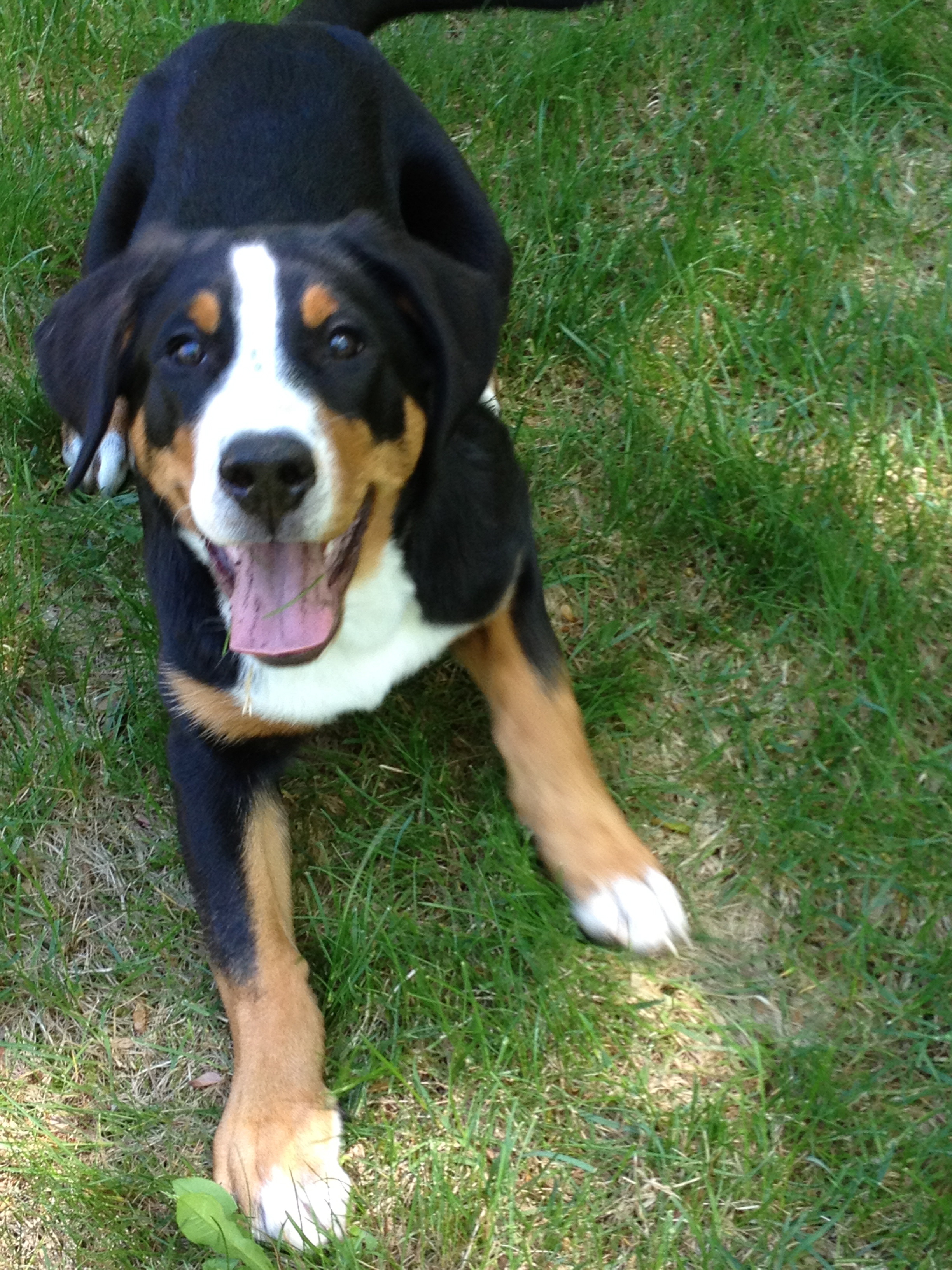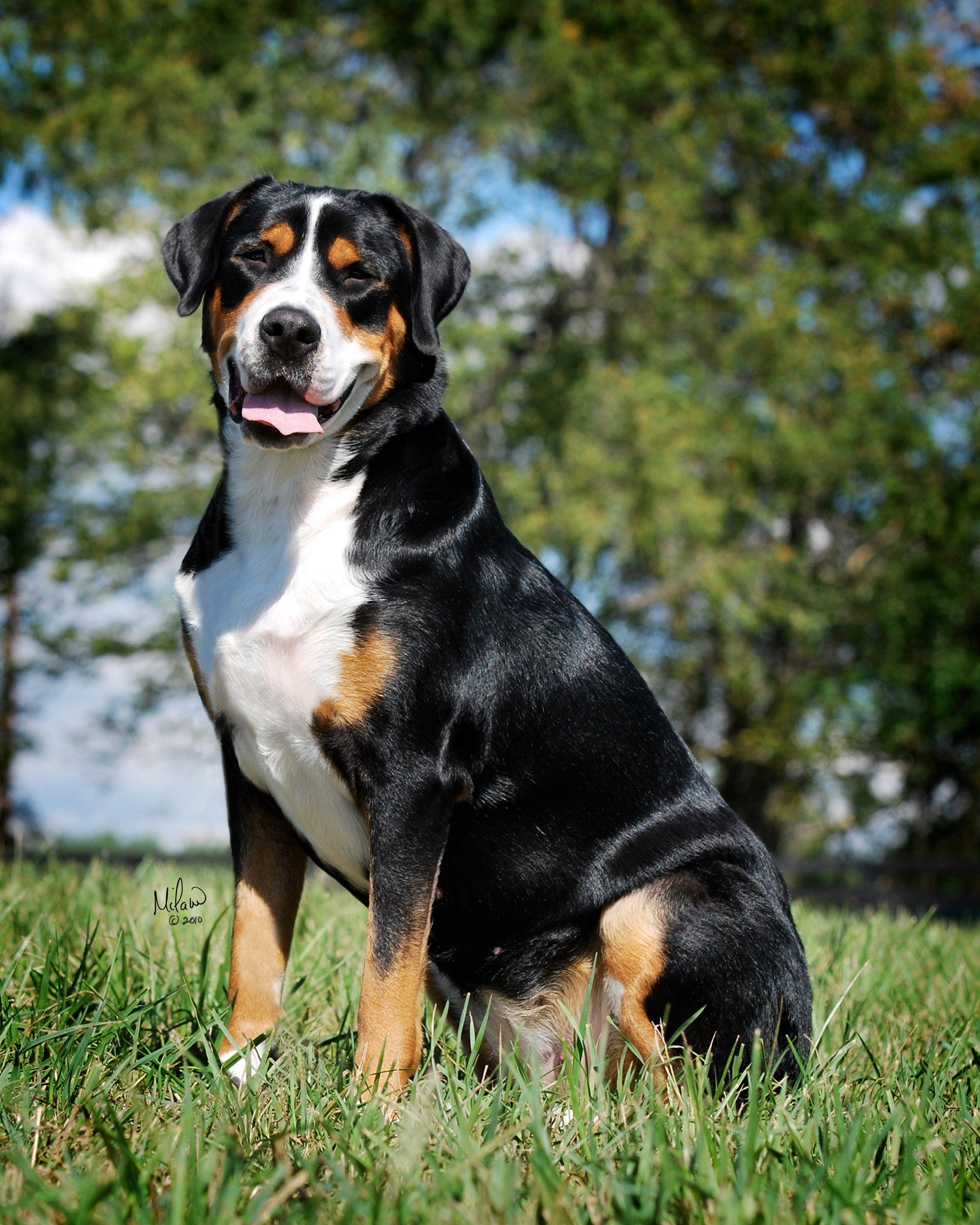Raising A Swiss Mountain Dog: The Ultimate Guide For New Owners
There’s nothing quite like bringing home a Swiss Mountain Dog, also known as a Bernese Mountain Dog. These majestic, gentle giants are more than just pets—they’re family members who bring warmth, loyalty, and unconditional love into your life. But before you dive headfirst into raising one of these beautiful creatures, there are a few things you need to know. From their dietary needs to exercise routines, grooming tips, and more, this guide will walk you through everything you need to ensure your furry friend grows up happy and healthy.
Raising a Swiss Mountain Dog is a rewarding journey, but it does come with its own set of challenges. These dogs are not only large in size but also require specific care to thrive. Whether you're a first-time dog owner or an experienced pet parent, understanding the unique needs of a Swiss Mountain Dog can make all the difference.
This article is designed to be your go-to resource for everything related to raising a Swiss Mountain Dog. We’ll cover everything from their history and temperament to practical advice on training, healthcare, and beyond. So grab a cup of coffee, sit back, and let’s dive into the world of these lovable giants!
- Virginia Madsen Net Worth A Deep Dive Into The Wealth Of This Talented Actress
- Melina Goranssen The Rising Star Taking The World By Storm
Table of Contents
- Introduction to Swiss Mountain Dogs
- The History of Swiss Mountain Dogs
- Key Characteristics of Swiss Mountain Dogs
- Feeding Your Swiss Mountain Dog
- Exercise Requirements
- Grooming Tips
- Training Your Swiss Mountain Dog
- Health Considerations
- Socialization and Interaction
- Final Thoughts on Raising a Swiss Mountain Dog
Introduction to Swiss Mountain Dogs
Swiss Mountain Dogs, often referred to as Bernese Mountain Dogs, have a rich history that dates back centuries. They were originally bred in the Swiss Alps as working dogs, helping farmers with herding livestock and pulling carts. Their sturdy build and calm demeanor made them ideal for such tasks. Today, they’re cherished family companions known for their affectionate nature and striking tricolor coat.
When raising a Swiss Mountain Dog, it’s important to understand their origins. This breed thrives in environments where they feel loved and included. They’re not just outdoor working dogs anymore; they’re indoor family members who crave companionship and attention. So if you’re thinking about welcoming one into your home, be prepared to invest time and energy into their well-being.
The History of Swiss Mountain Dogs
Let’s take a trip down memory lane and explore the fascinating history of Swiss Mountain Dogs. These dogs originated in Switzerland, specifically in the rural areas of the Bernese Highlands. Farmers relied on them for various tasks, including guarding property, herding cattle, and even pulling heavy loads.
- Samantha Middleton Husband The Untold Story You Wonrsquot Believe
- Goggins Actor The Rise Of A Fitness Icon In Hollywood
By the late 19th century, the breed began to gain recognition beyond their agricultural roots. Breeders worked diligently to preserve their distinct traits, and by the early 20th century, Swiss Mountain Dogs were officially recognized as a breed. Today, they’re beloved worldwide for their striking appearance and gentle temperament.
Why Swiss Mountain Dogs Are Special
There’s something truly magical about Swiss Mountain Dogs. Their tricolor coat—black, white, and rust—is not only visually stunning but also serves as a protective layer against harsh weather conditions. Plus, their calm and steady nature makes them excellent companions for families, especially those with children.
Key Characteristics of Swiss Mountain Dogs
Swiss Mountain Dogs are large, strong, and elegant. Standing at around 25-28 inches tall and weighing between 70-115 pounds, they’re definitely not a small breed. But don’t let their size fool you—these dogs are surprisingly gentle and affectionate. Here are some key characteristics to keep in mind:
- Temperament: Friendly, loyal, and calm.
- Energy Level: Moderate—these dogs enjoy playtime but aren’t hyperactive.
- Life Expectancy: 6-8 years (unfortunately, they have a shorter lifespan due to genetic health issues).
- Coat: Thick, double-layered fur that requires regular grooming.
Understanding these traits will help you better prepare for the responsibilities of raising a Swiss Mountain Dog.
Feeding Your Swiss Mountain Dog
Proper nutrition is crucial when raising a Swiss Mountain Dog. These dogs have specific dietary needs due to their size and energy levels. Here’s what you need to know:
What to Feed Your Swiss Mountain Dog
High-quality dog food designed for large breeds is essential. Look for formulas that include:
- Protein: Chicken, beef, or fish are great sources of protein.
- Carbohydrates: Whole grains like brown rice and oats provide energy.
- Fat: Healthy fats from sources like salmon oil support skin and coat health.
Avoid feeding them table scraps or foods high in sugar and salt. Obesity is a common issue in Swiss Mountain Dogs, so maintaining a balanced diet is critical.
Exercise Requirements
Swiss Mountain Dogs may not be as energetic as some other breeds, but they still need regular exercise to stay healthy. A daily walk or playtime in the yard is sufficient for most dogs. However, avoid overexerting them, especially during hot weather, as they’re prone to heatstroke.
Here are some tips for exercising your Swiss Mountain Dog:
- Start with short walks and gradually increase the distance.
- Engage them in mentally stimulating activities, like puzzle toys or obedience training.
- Monitor their energy levels and rest them if they seem tired.
Grooming Tips
With their thick, double-layered coat, grooming is a must for Swiss Mountain Dogs. Regular brushing helps prevent matting and reduces shedding. Aim to brush your dog at least twice a week, and more frequently during shedding seasons.
Bathing should be done every few months or as needed. Use a gentle dog shampoo to avoid irritating their skin. Additionally, don’t forget to trim their nails and clean their ears regularly to prevent infections.
Tools You’ll Need for Grooming
- Pin brush: Ideal for detangling their long coat.
- Slicker brush: Great for removing loose hair and preventing mats.
- Nail clippers: Designed specifically for dogs to avoid injury.
Training Your Swiss Mountain Dog
Training is an essential part of raising a Swiss Mountain Dog. These intelligent dogs respond well to positive reinforcement techniques, such as treats and praise. Start training early to establish good behavior habits.
Here are some tips for training your Swiss Mountain Dog:
- Be consistent with commands and rules.
- Use short, focused training sessions to keep them engaged.
- Reward good behavior immediately to reinforce it.
Remember, patience is key. Swiss Mountain Dogs are eager to please, but they can be a bit stubborn at times. Stay calm and persistent, and you’ll see great results.
Health Considerations
Swiss Mountain Dogs are generally healthy, but they are prone to certain genetic conditions. Hip and elbow dysplasia, cancer, and bloat are some of the most common health issues in this breed. Regular vet check-ups and a healthy lifestyle can help mitigate these risks.
Here are some preventive measures you can take:
- Feed them high-quality food to support joint health.
- Monitor their weight to prevent obesity-related issues.
- Watch for signs of illness, such as lethargy or loss of appetite, and consult your vet promptly.
Common Health Issues in Swiss Mountain Dogs
Understanding the potential health challenges your Swiss Mountain Dog may face is important. Here are a few common conditions:
- Hip Dysplasia: A condition where the hip joint doesn’t develop properly.
- Cancer: Swiss Mountain Dogs have a higher incidence of certain cancers compared to other breeds.
- Bloat: A life-threatening condition that requires immediate veterinary attention.
Socialization and Interaction
Socialization is vital for Swiss Mountain Dogs. These dogs thrive on human interaction and love being part of the family. Introduce them to different people, animals, and environments from a young age to help them become well-rounded adults.
Here are some ways to encourage socialization:
- Take them to dog parks or group training classes.
- Invite friends and family over for playdates.
- Expose them to various sounds and experiences in a controlled setting.
Final Thoughts on Raising a Swiss Mountain Dog
Raising a Swiss Mountain Dog is a wonderful experience that brings immense joy and companionship. By understanding their unique needs and providing the proper care, you can ensure your furry friend lives a happy and healthy life. From feeding and exercise to grooming and training, each aspect of their care plays a crucial role in their development.
As a responsible owner, always prioritize their well-being and consult with professionals if needed. Remember, Swiss Mountain Dogs are not just pets—they’re lifelong companions who deserve love, respect, and dedication. So, embrace the journey and cherish every moment with your Swiss Mountain Dog!
Now it’s your turn. Have any questions or experiences to share about raising a Swiss Mountain Dog? Leave a comment below and let’s keep the conversation going. And don’t forget to share this article with fellow dog lovers!
- Goggins Actor The Rise Of A Fitness Icon In Hollywood
- Matthew Le Nevez The Rising Star Redefining Success In The Spotlight

Resting Greater Swiss Mountain Dog photo and wallpaper. Beautiful

Greater Swiss Mountain Dog Temperament, Lifespan, Shedding, Puppy

Northwoods Swissy Puppies For Sale